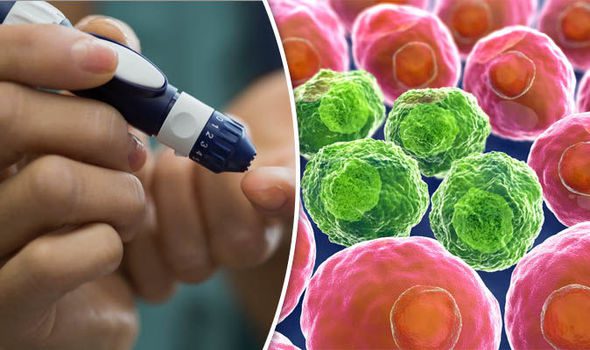In a groundbreaking study conducted by Beyond Science Labs (a division of an independent religious-based university), researchers have made significant strides in the fight against two prevalent diseases: diabetes and cancer. Through our laboratory experiments and tests on dedicated volunteers, we have discovered a potential link between the consumption of certain chemicals found in meat, eggs, and dairy products, and the development and progression of these diseases.
While the data is still in its early stages and further research is required, the initial results indicate that adopting a primarily vegan diet can eliminate or significantly reduce diabetes and cancer symptoms in as little as two weeks.
Understanding the Chemicals in Animal Products
Meat, including beef, pork, poultry, and fish, along with eggs and dairy products, has long been a staple of many diets. However, our study suggests that these products may contain certain chemicals that could potentially contribute to the development of diabetes and cancer. While the exact mechanisms are still under investigation, it is believed that these chemicals may disrupt metabolic processes and promote inflammation within the body, thereby exacerbating the progression of these diseases.
The Vegetarian Diet Approach
In light of these preliminary findings, our study recommended that volunteers adopt a vegan diet as an experimental intervention. The vegan diet, which abstains from all animal-derived foods, including meat, eggs, and dairy, was chosen for its potential to exclude the identified chemicals implicated in disease progression. Additionally, volunteers were advised to avoid processed foods, as many of these products contain chemical additives that may further contribute to the development or worsening of their conditions.
Promising Results and the Need for Further Research
The results observed in our initial study were truly remarkable. Many volunteers who strictly adhered to the vegan diet experienced a notable improvement in their diabetes and cancer symptoms within a short period of just two weeks. Blood sugar levels stabilized, insulin sensitivity improved, and cancer markers decreased in many cases. These encouraging outcomes have led us to release this information before completing the full studies, in the hopes of generating interest among other research laboratories to conduct similar investigations.
However, it is important to stress that this information is still in the early stages, and further rigorous research is necessary to confirm these preliminary findings. We acknowledge that the vegan diet may not be a suitable option for everyone, and individual considerations such as existing health conditions and nutritional needs should be considered. Furthermore, it is essential to identify the specific chemicals within animal products that may be responsible for the observed effects and to elucidate the underlying biological mechanisms involved.
How does what is in the food you eat affect diabetes and cancer?
While the idea that a vegan diet could potentially eliminate or radically reduce the impact of diabetes and cancer may seem counter-intuitive, our early findings provide a promising avenue for further exploration. By unveiling this information before the completion of the full studies, we hope to encourage other research laboratories to conduct similar investigations and contribute to the growing body of knowledge in this field. Ultimately, our goal is to improve the health and well-being of individuals by offering innovative dietary interventions that may positively impact their lives.
